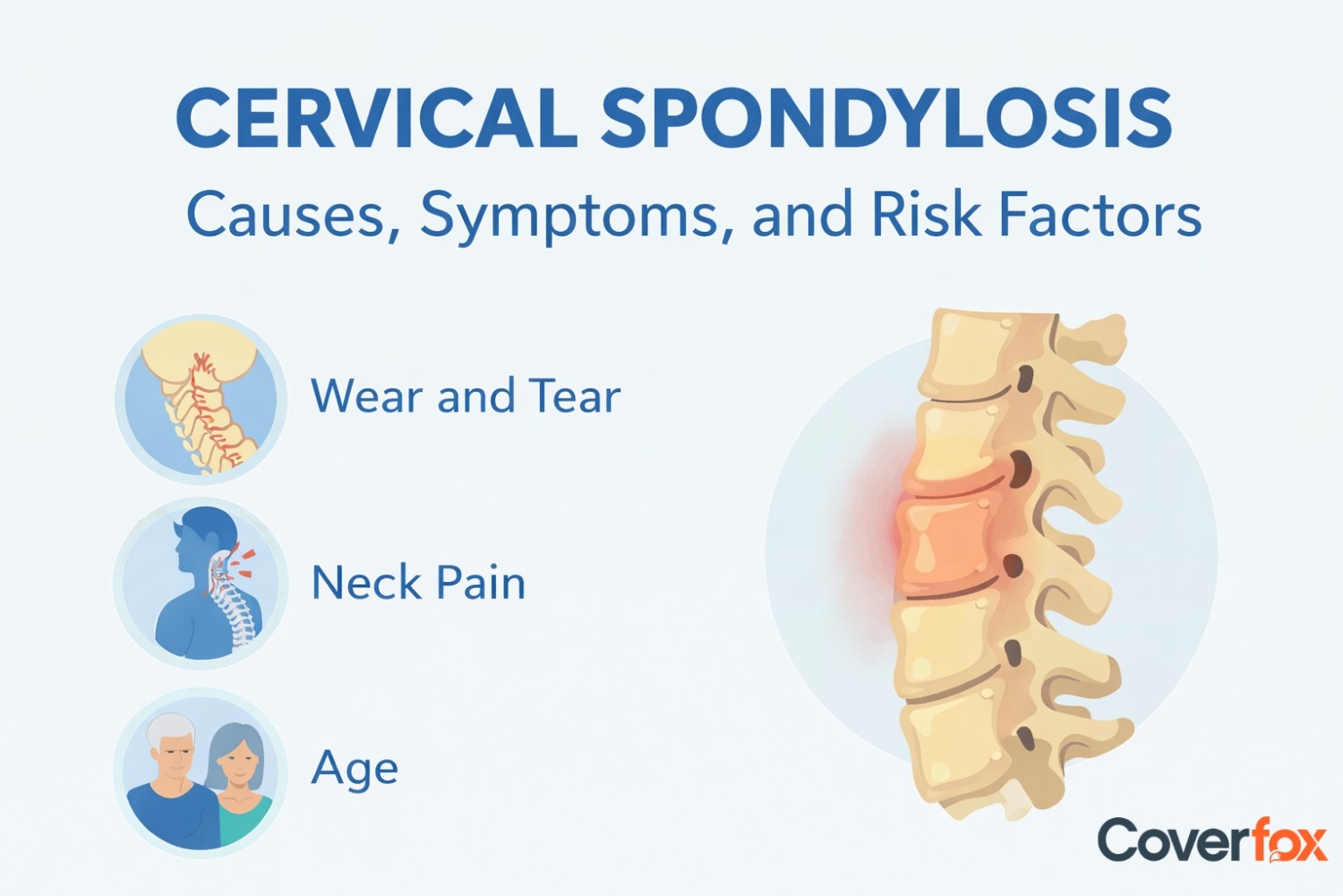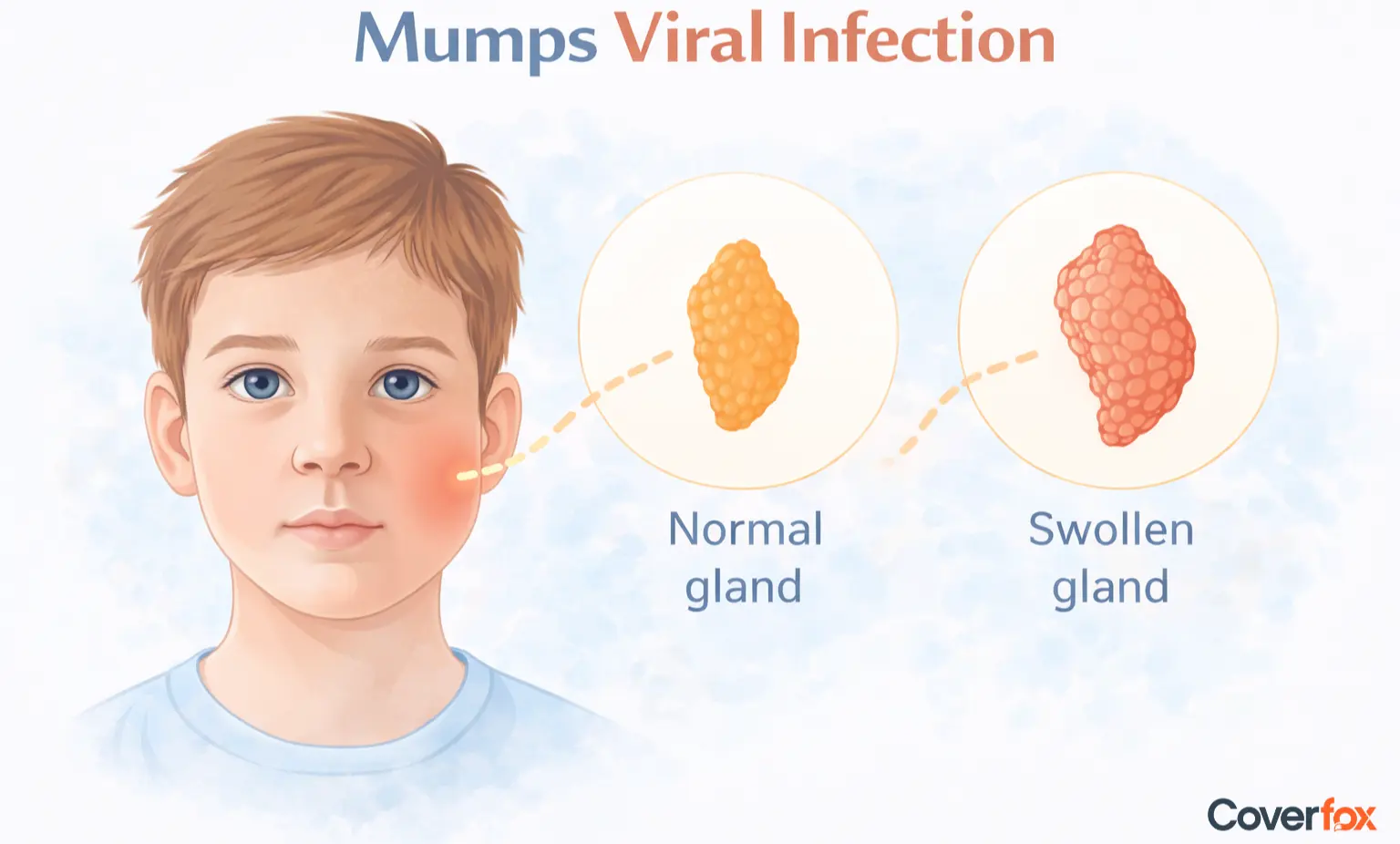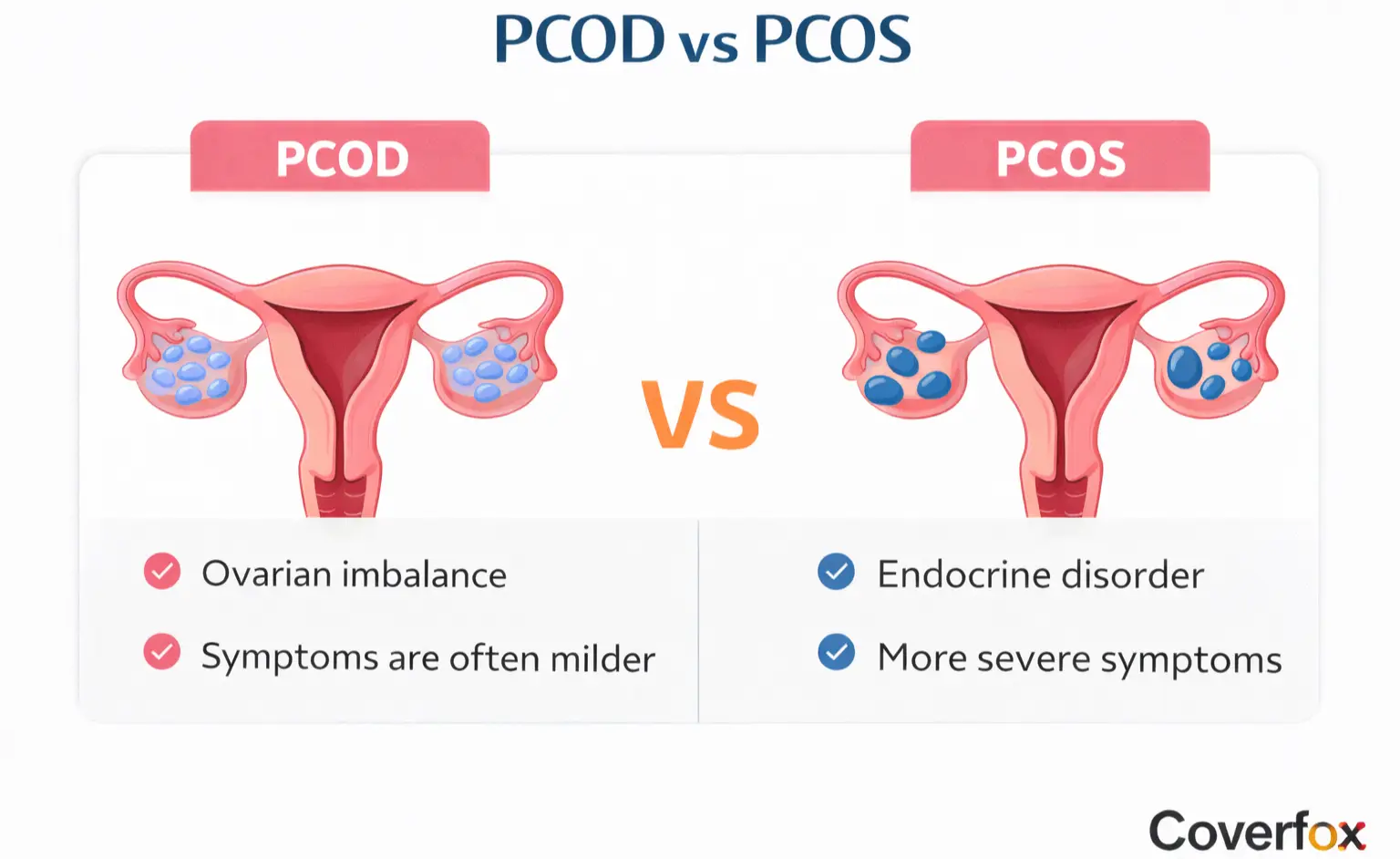Heat in India is one of the underrated health issues we are currently coping with. May it be ulcers, or mild exhaustion and dizziness due to extreme temperatures, it is affecting our day-to-day activities in some or the other form.

India has breached its commitment to preventing the rise in temperature by an average of 1.5 Degrees Celsius. One of the common forms of heat effect in India is known as Heat waves. Heat Waves occur when the average temperature of plains or hilly regions rises 4-5 degrees above the mean temperature. Our body might not be able to cope with this sudden temperature rise. Common forms of heat-related illnesses are heat stroke, rashes, and dizziness are prevalent in India.
This brings us to the need for heightened awareness and preventive measures along with emergency preparedness in the form of health insurance aiding you in times of heat-related contingencies which we will discuss in detail below.
What Are Heat-Related illnesses?
Our body is designed to maintain a homeostatic balance i.e. an equilibrium over all aspects of its process. Given this, our mean body temperature should be within the range of 36- 38 degrees. Anything above this range will lead to hypothermia i.e. overheating leading to various possibilities of heat-related illnesses.
These can be better understood by considering the age groups that are most vulnerable to contracting heat-related illnesses. Starting from children, we all know that summers are a haven for them to play. This exposes them to the possibility of dehydration, fatigue, dizziness, overheating, headache or even heat stroke in heightened environments. These age groups are in constant work mode, daily travelling and less hydration habits.
Moving on to young adults and adults, these might lead them to succumb to classic cases of dizziness and weakness. Last but not least, older adults have less efficient hydration regulation, and prolonged exposure to heat can make them highly susceptible to serious heat-related illnesses.
Common Types of Heat-Related Illnesses
You might have read about heat waves and many news related to them, but what they cause are many forms of common heat-related illnesses, which we will discuss briefly:
| Illness | Real-Time Experience (Typical Complaints) | Causes |
|---|---|---|
| Heat Cramps | My legs are cramping up after working in the sun. | Loss of salt and electrolytes through heavy sweating during physical exertion. |
| Heat Exhaustion | I feel dizzy, nauseous, and soaked in sweat. | Prolonged exposure to high temperatures; dehydration; and inadequate fluid intake. |
| Heat Syncope | I just blacked out while standing in the sun too long. | Sudden drop in blood pressure due to heat, dehydration, or prolonged standing. |
| Heatstroke | He/She stopped sweating and is dizzy or exhausted. | Body temperature control fails; prolonged heat exposure; dehydration. |
| Dehydration | I have a dry mouth and headache. | Excessive fluid loss or inadequate water intake in hot conditions. |
Treatment Options for Heat-Related Illnesses
Below are the treatment options for Heat-related Illnesses explained in terms of primary and secondary treatment:
Primary Treatment
- Move the person to a cool, shaded area.
- Encourage hydration with ORS or water. (unless unconscious).
- Loosen clothing, use wet clothes, or fan the body.
- Let the person rest and avoid further heat exposure.
- Cool down the body immediately in case of heat stroke and then hospitalize.
Secondary Treatment ( Post-quick hospitalization)
- Heat Cramps: Replace electrolytes orally; stretch and massage cramped muscles.
- Heat Exhaustion: Administer IV fluids if oral intake is inadequate; monitor for heat stroke progression.
- Heat Syncope: Evaluate for blood pressure issues; conduct ECG if fainting episodes recur.
- Heat Stroke: Begin ICU-level care; manage organ dysfunction, control seizures, and monitor vitals closely.
- Dehydration: Give IV fluids if severe; monitor kidney function and treat the underlying cause (e.g., diarrhoea or fever).
Health Insurance Coverage for Heat-Related Illnesses
Below are the coverage pointers that you need to take care of during Heat-related Illnesses in general :
- Hospitalization costs. (for conditions like heat stroke and heat exhaustion)
- Diagnostic tests.
- Medications administered during in-patient treatment.
- Consultation fees.
- ICU care (if the patient’s condition is critical)
- Intravenous fluids and electrolyte therapy.
Preventing Heat-Related Illnesses
As we all know, ‘ Prevention is better than cure’. A few prevention tips that might be useful yet practical for you are listed below:
- Stay hydrated.
- Avoid getting out in the afternoon.
- Carry ORS drinks.
- Carry a water bottle every time you go out.
- Cool down your body as soon as possible while experiencing heat stroke.
- Take breaks during a warm exercise or game session.
- Always carry a cap with you.
*(Fun fact: Did you know your body can produce up to 1.5 litres of sweat per hour in extreme heat? That’s enough to fill a large water bottle.)
Final Thoughts
As we know now, heat-related illnesses occur due to the body’s inability to dissipate heat outside of the system and due to its effect our core temperature rises. There are hundreds of heat stroke deaths and co-morbidities due to heat-related illnesses in India with over lakhs of cases surfacing now and then.
Heat is a societal problem, it disturbs agriculture, environmental balance and other living beings as well. A comprehensive health insurance policy with a clear understanding of heat illnesses-related inclusions and exclusions will help you cover the expenses and safeguard your health. Avoid going out in summer afternoons, hydrate enough and wear a cap are a few of the simple measures that will protect you from heat and fatigue.
Explore More
Frequently Asked Questions
What are heat-related illnesses, and how can they affect my health?
Various heat-related illnesses are heat stroke, heat cramps, heat exhaustion, dizziness and many more. They affect your health by triggering other existing health complications or serious organ damage in case of heat stroke.
What are the common symptoms of heat exhaustion and heat stroke?
The common symptoms of heat exhaustion are heavy sweating, weakness, dizziness, and nausea; heat stroke involves high body temperature, confusion, and loss of consciousness.
Does my health insurance cover treatment for heat-related illnesses?
Yes, most health insurance policies in India cover hospitalization and emergency treatment for heat-related illnesses like heat stroke. Read the coverage section for more information.
What types of treatments are typically covered for heat-related illnesses under health insurance?
Health insurance typically covers hospitalization, emergency services, ICU care, IV fluids, diagnostic tests, and in-patient medications for heat-related illnesses.
Can I file a claim for heat-related illnesses under my health insurance?
Yes, you can file a claim for heat-related illnesses if the treatment involves hospitalization or meets your policy’s coverage criteria.
How can I better prepare for heat-related illnesses during extreme weather conditions?
Hydrate yourself, avoid- getting out during high temperatures, carry a cap and stay indoors.




.webp)
 in Insurance.webp)